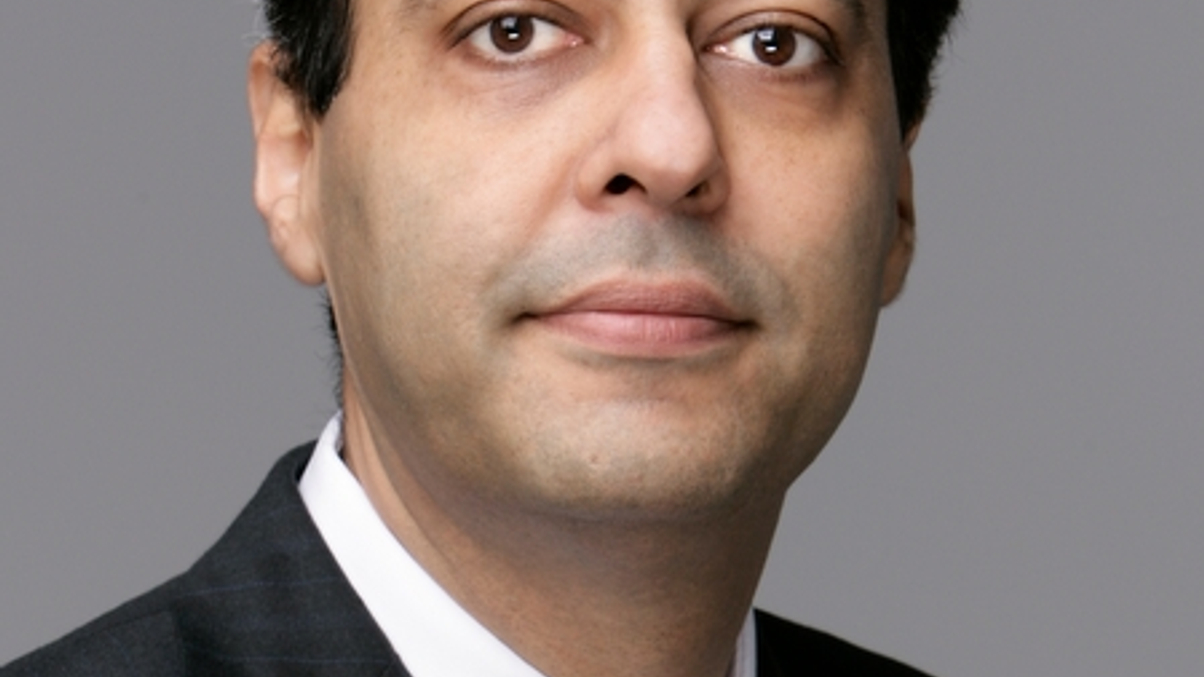Asian asset managers turn tactical on Japan
They view the sell-off in domestic equities as a knee-jerk reaction to the island nation’s natural disaster as they weigh up the forward-looking investment implications.

The sharp sell-off in Japanese equities after the most powerful earthquake ever to hit the island nation is being viewed as a knee-jerk reaction and a buying opportunity by Asian asset managers.
Sign in to read on!
Registered users get 2 free articles in 30 days.
Subscribers have full unlimited access to AsianInvestor
Not signed up? New users get 2 free articles per month, plus a 7-day unlimited free trial.
¬ Haymarket Media Limited. All rights reserved.


